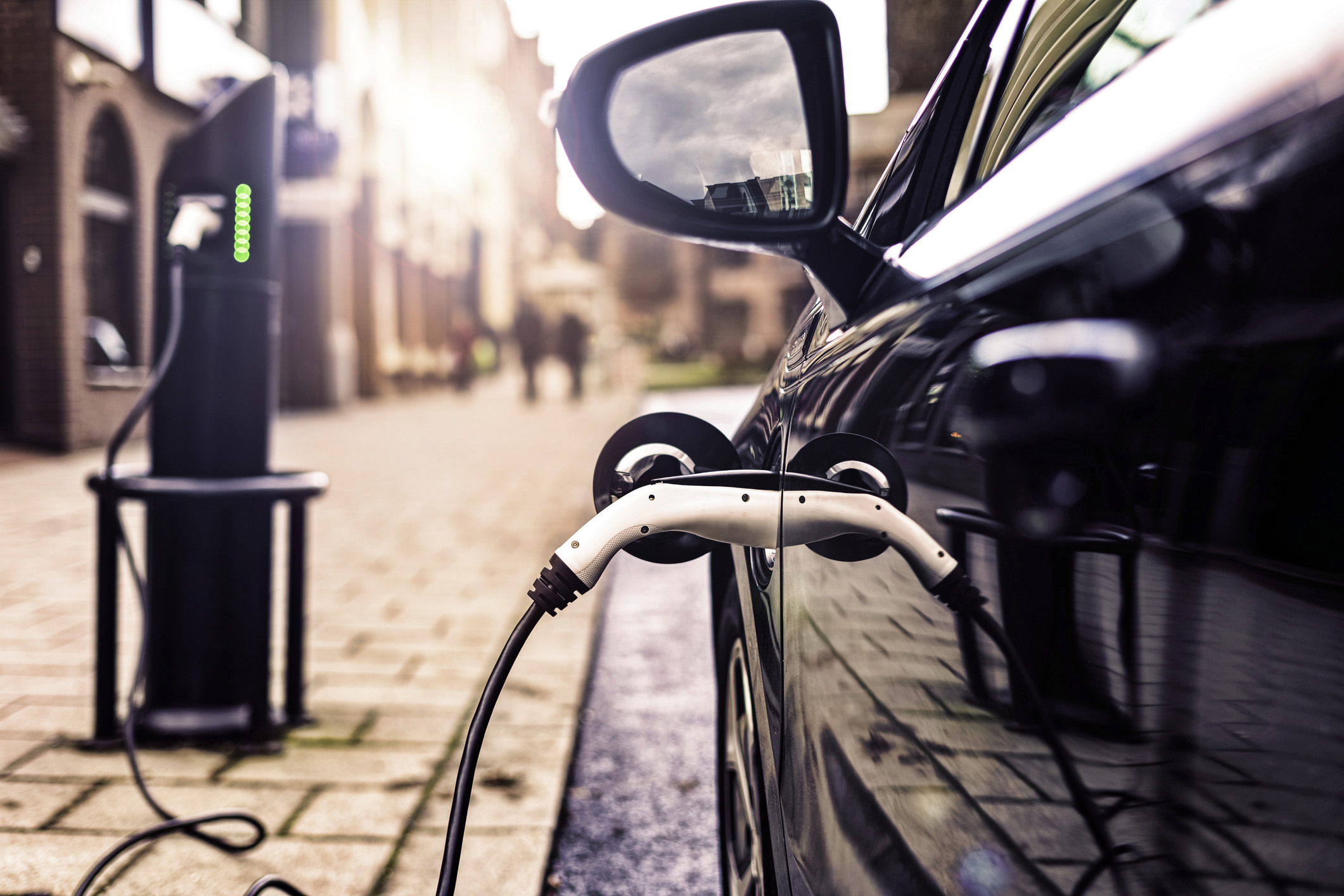As a scrap metal recycling company, we take care of your end-of-life vehicles at our Morecambe Metals facility. Electric vehicles differ from more traditional options, but they are helping to solve the sustainability issue because they create zero emissions.
However, this difference from fuel-based cars can create another problem: how recyclable are the batteries from electric cars and how eco-friendly is it to manufacture them?
So, while electric vehicles offer many benefits, it’s important to keep in mind that they differ from fuel-based cars and, therefore, the way they run, and their materials will be different too. This means that you should be aware of what recycling electric cars entails.
The Sustainability of Electric Vehicles
SMMT reported that the number of electric vehicles grew by 76.6% in 2018, which equated to 195,000 cars on British roads. If new cars sold by 2040 are plug-in vehicles, this could mean a staggering 2.5 million battery packs that will have to be recycled or reused – seeing as the lifespan of batteries (most of them lithium-ion) is around a decade, they will have to be replaced once they no longer perform.
This leads to the important environmental question of whether these lithium-ion batteries can be recycled and how.
When it comes to lead-acid batteries, up to 99% of the materials in it can be recovered and recycled, and new batteries are made from 80% recycled materials – you can read more about what can be recycled in a car in our latest infographic.
You’ll be glad to know that the batteries that power electric cars, as well as those in hybrids (nickel metal hydride batteries), can also be recycled; in fact, lithium-ion battery packs can even be reused and repurposed for other applications.
Because batteries used in electric cars are bigger and contain a high degree of voltage, it’s crucial they’re disposed of correctly in order to prevent harming the environment.
Recycling and Reusing Batteries
Another great thing about these batteries is that they can be reused as power storage, be it for domestic or commercial buildings. When they reach the end of their lifespan, they can still have up to 70% of charge left so, even though they don’t perform as well in vehicles and need to be replaced, they can store power and help the flow of electricity stay even in unsteady power sources like wind turbines.
They can work alongside other power sources, such as solar power. For example, the Johan Cruyff Arena in Amsterdam makes use of 63 used battery packs from electric vehicles to feed off 4,200 solar panels.
Reusing batteries is a fantastic alternative to recycling, as it can be more cost-effective to do so. This is because there isn’t any UK-based recycling facility for lithium-ion batteries, so they’re exported to mainland Europe.
By reusing them instead, they can easily help when the demand for electricity peaks, since they’re capable of storing electricity from wind turbines and solar panels, as discussed. This is a way for businesses to help save the planet.
Safety Matters
Removing batteries from electric vehicles, whether to recycle or reuse, requires special care and consideration, as it can be a hazardous process. Due to the size, weight and voltage of the battery pack, there is a danger of electrocution and injury, so it’s crucial that this removal is done by professionals.
So, if the batteries in your electric car are ready to be replaced, make sure to search around for the right company, who will not only remove it safely but also take environmental concerns into considerations.
At Morecambe Metals, with our Scrap My Car service, we can take your end-of-life vehicle out of your hands, so you don’t have to worry about how to recycle it. We offer comprehensive vehicle recycling services which depollute your car and remove the parts that can be reused or disposed of correctly, so contact us today to learn more about what we can do for you.



